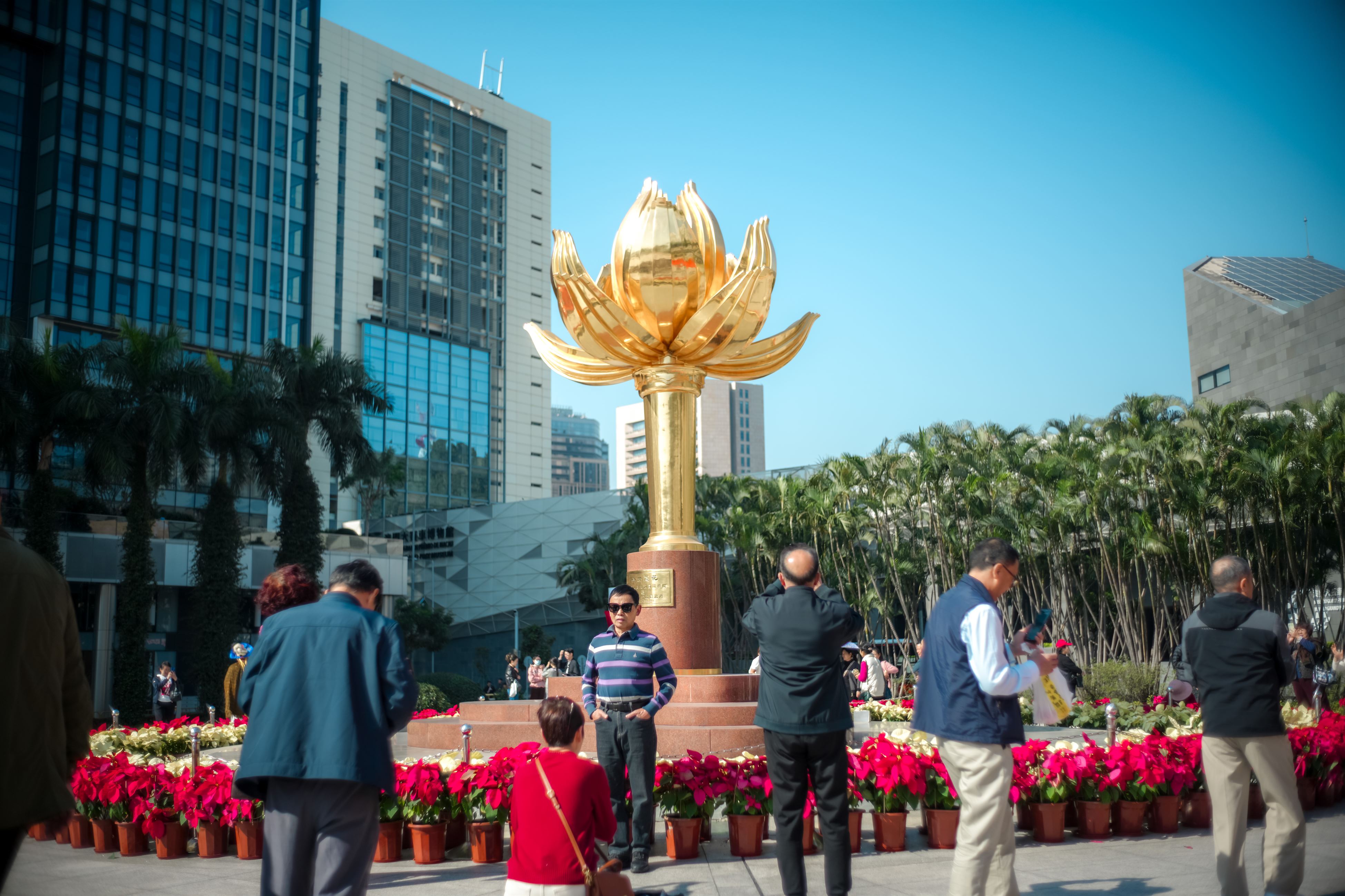
Editor's Note: This year commemorates the 25th anniversary of Macao's return to the motherland. China Daily asks prominent figures in the special administrative region for their reflections on this significant milestone and listens to their visions for the city's continuing prosperity.
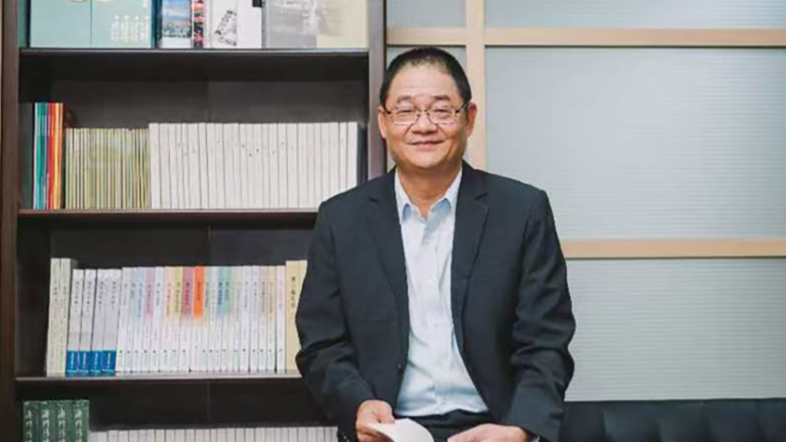
Q1 How do you view Macao's development since its return to the motherland? Among the achievements made by Macao, which have impressed you the most? In your sector, has there been any major progress over the past 25 years?
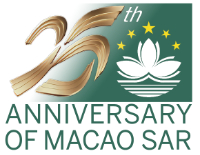 Wu Zhiliang: Over the past 25 years, there has been significant progress in Macao's development. Macao's economy has become more integrated with the world, and her social structure has become increasingly diversified. The improved economic prospects have also made the Macao SAR government more capable of improving people's livelihoods and, as a result, improving their quality of life. Meanwhile, the city's community spirit of helping out one another remains the same, not to mention the desire of residents to carry out the spirit of patriotism.
Wu Zhiliang: Over the past 25 years, there has been significant progress in Macao's development. Macao's economy has become more integrated with the world, and her social structure has become increasingly diversified. The improved economic prospects have also made the Macao SAR government more capable of improving people's livelihoods and, as a result, improving their quality of life. Meanwhile, the city's community spirit of helping out one another remains the same, not to mention the desire of residents to carry out the spirit of patriotism.
Ji Xianzheng: Over the past 25 years, Macao has fully leveraged its advantages of strong support from the motherland and close connection with the world, achieving significant economic and social development, and is in its best period of prosperity and stability in history. Macao has actively participated in the development of the Guangdong-Hong Kong-Macao Greater Bay Area, the Belt and Road Initiative and other national development strategies. The Forum for Economic and Trade Co-operation between China and Portuguese-speaking Countries (Macao) has promoted economic and trade cooperation and exchanges between China and Portuguese-speaking countries. Today, Macao has developed into a vibrant international metropolis.
READ MORE: Macao's return: Decoding a 25-year economic, social miracle
Duarte Alves: Macao's development since its return to the motherland in 1999 has been a fascinating journey. The region has transformed from a modest economy into a dynamic and thriving hub. The "one country, two systems "framework has been central to this success, providing the flexibility for Macao to preserve its unique cultural and economic identity while integrating more closely with the Chinese mainland. This balance, once viewed with skepticism, has proved its value, showcasing the foresight and wisdom of the central government in shaping a stable and progressive future for the region.
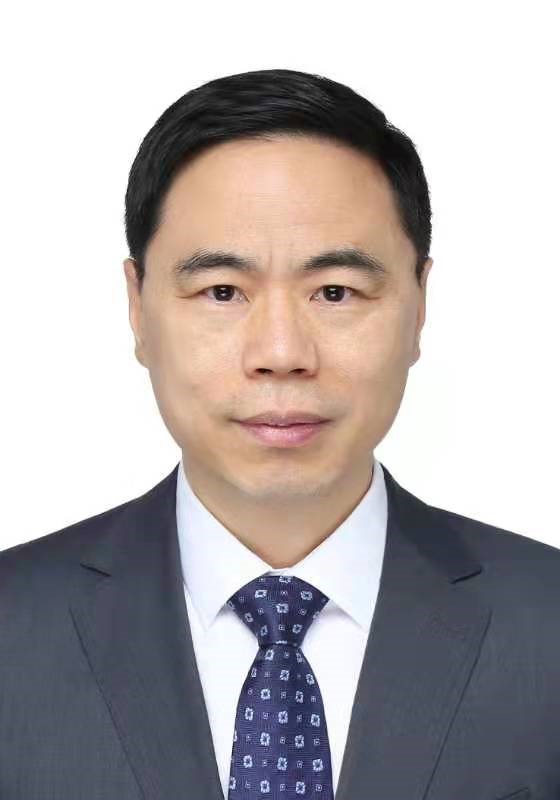
Q2 Many of the city's young people were born after the city's return to the motherland. How do you think this anniversary resonates with the young generation? What messages would you like to convey to them on this historic occasion?
Wu Zhiliang: Compared with their parents, Macao's emerging generation clearly has more opportunities to develop themselves, provided they follow the correct path. To the younger ones and those who are not so old, I would say: I hope you can maintain the enthusiasm and spirit of exploration in history and culture throughout your daily lives. Attaining knowledge through small details always brings surprising results.
Duarte Alves: To the younger generation, my message is twofold. First, embrace integration. As part of the country, Macao's success is closely tied to the opportunities within the GBA and the broader national framework. By engaging with the innovation, industries and talent in the region, young people can contribute to Macao's growth while forging their own paths. Second, treasure Macao's unique cultural heritage. This blend of Chinese and Portuguese influences is what sets Macao apart and makes it such a vital part of the national story. By celebrating and sharing this identity, the younger generation can help the city play a crucial role in telling China's story to the world.
Zhu Haisheng: I hope that Macao's younger generation will actively integrate into the Cooperation Zone in Hengqin and the GBA, seizing the opportunities within the national development goals. Regardless of the industries they are in, the policy support provided by the nation for the Cooperation Zone and the GBA is a valuable platform for them to engage in deeper exchanges and cooperation with various industries across the mainland. Through such interaction, Macao's youth can not only broaden their horizons but also contribute to their personal career development and the long-term prosperity of Macao.
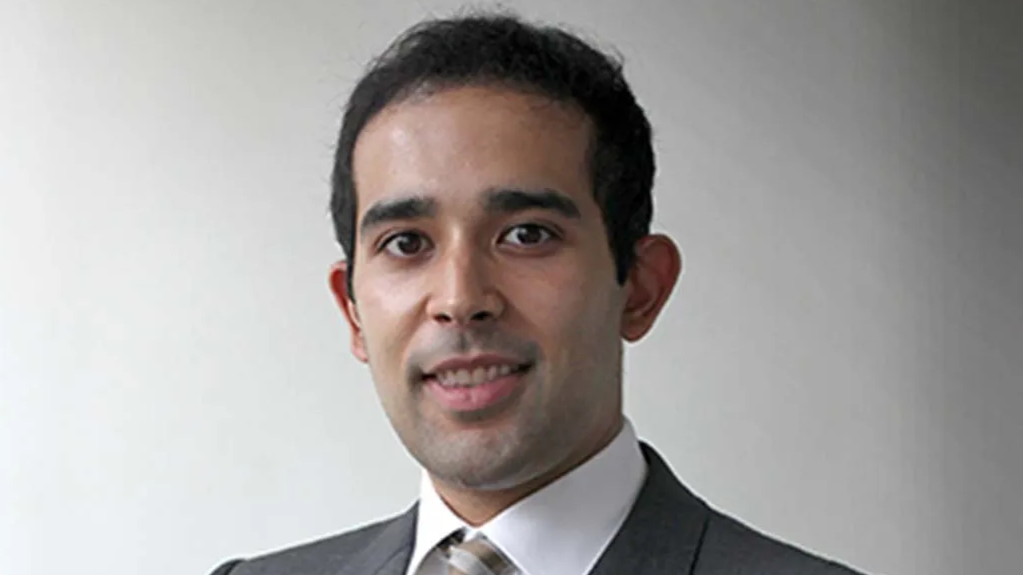
Q3 The Guangdong-Hong Kong-Macao Greater Bay Area has seen many notable developments over the past few years. How has Macao's integration with other parts of the GBA impacted your career? What kind of collaboration are you anticipating in the GBA?
Ji Xianzheng: The Permanent Secretariat of the Forum for Economic and Trade Co-operation between China and Portuguese-speaking Countries (Macao) frequently interacts with other key GBA cities. For example, the secretariat has hosted delegations from Shenzhen and Zhuhai, and supported the hosting of seminars to introduce Portuguese-speaking countries' economic and trade opportunities to Shenzhen and Zhuhai enterprises during the 2024 Macao International Trade and Investment Fair. The secretariat also provides various training courses for professionals from Portuguese-speaking countries, organizing field trips to relevant institutions across the GBA to enhance participants' understanding of China's development, especially in the Bay Area.
Duarte Alves: The GBA has transformed connectivity in recent years, with projects like the Hong Kong-Zhuhai-Macao Bridge and the Shenzhen-Zhongshan Link playing a pivotal role. For my career, these advancements have been invaluable. Improved logistics and accessibility have turned once-complex travel into spontaneous opportunities for networking and collaboration across cities like Shenzhen and Guangzhou. The ease of movement has facilitated partnerships that leverage the strengths of the GBA, creating synergies that were previously out of reach.
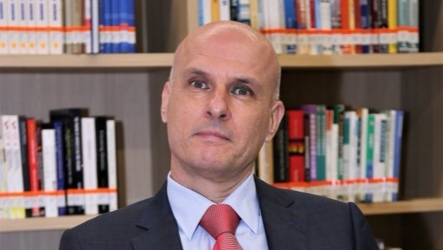
Q4 What accomplishment do you hope Macao will achieve in the next 25 years?
Wu Zhiliang: As Macao's integration into national development deepens, there will be more, newer and better changes, and the ability of Macao residents to live a better life will become closer to reality. For this reason I am optimistic about Macao's future.
Ji Xianzheng: Standing at the starting point toward the next 25-year milestone, we look forward to Macao maintaining its long-term prosperity and stability, continuing to leverage its strengths to serve the needs of the nation, and consistently improving the construction of the China-Portuguese-speaking countries platforms.
Duarte Alves: Macao's accomplishments in the next 25 years should reflect its ability to balance tradition with progress. By embracing its distinct role as both a cultural and economic bridge, Macao can contribute to the nation's narrative of inclusivity, collaboration and global leadership.
Q5 This year marks the third anniversary of the establishment of the Guangdong-Macao In-Depth Cooperation Zone in Hengqin of Zhuhai, Guangdong province. In your opinion, how should Macao continue to leverage the Hengqin zone's advantages to further develop itself and your sector?
Wu Zhiliang: Macao's cultural sector is setting foot in the zone, seeing it as an ideal springboard to promote exchanges and dialogue between different cultures and art forms. The cultural sector can surely take advantage of the zone to promote exchanges between the cities in the GBA, and also between the GBA and the outside world, especially through the world-class infrastructure recently inaugurated within the zone.
Francisco Leandro: A key focus of Macao's modernization efforts is on the Hengqin cooperation zone. This area has been pivotal in driving innovation and economic diversification, providing a space for new industries and fostering closer integration with the mainland. The zone exemplifies Macao's commitment to modernization and its strategic role in regional development.
Zhu Haisheng: Macao faces the dual challenge of limited land resources and a shortage of talent, whereas Hengqin boasts ample development space and a wealth of human resources, perfectly complementing Macao's shortages.
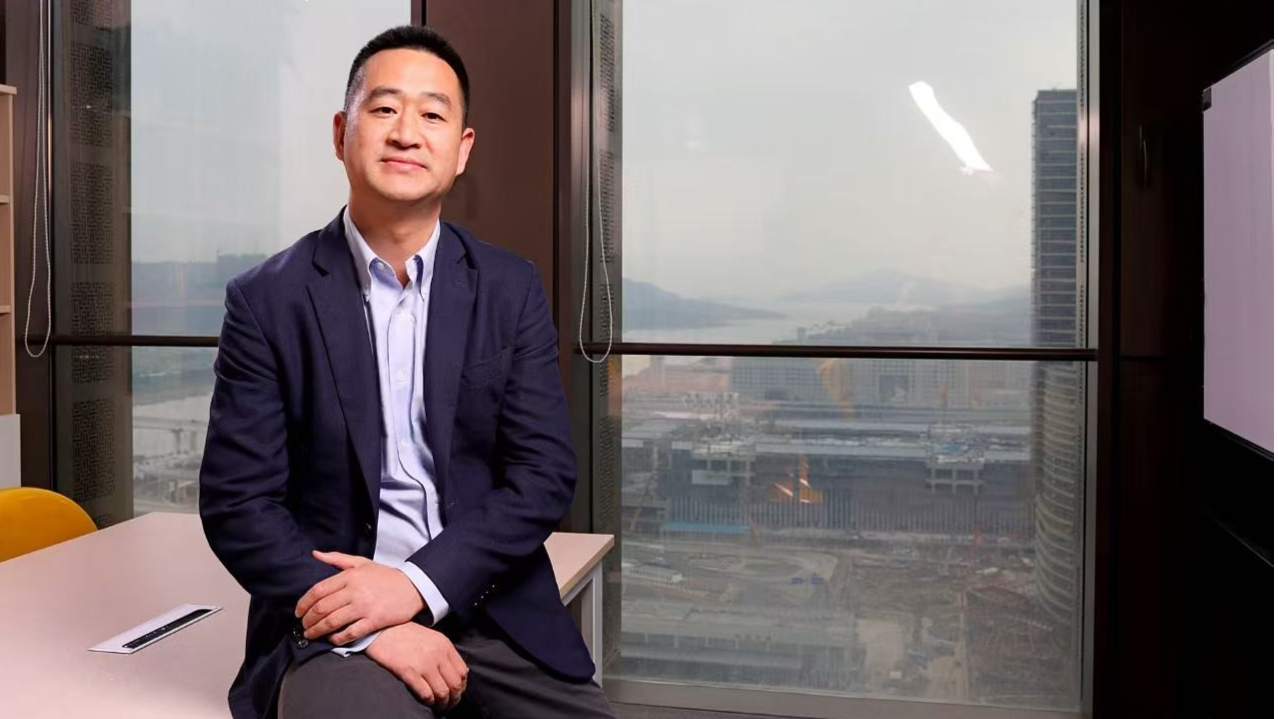
Q6 Macao is a unique blend of Chinese and Portuguese cultures. How do you think this fusion can help the nation enhance communication with the international community and tell good stories of China?
Wu Zhiliang: Different ethnicities, cultures, religions and faiths have co-existed and co-prospered in Macao throughout her history, thereby forming her unique features as a place where China meets the West, where the past meets the present, and where there are not only differences but also commonalities. Chinese wisdom calls for inclusion and tolerance of differences while always seeking commonalities. The historical experience of Macao has enriched the connotations and external influence of Chinese culture. It has built a bridge in academic and technological exchanges. It is an example of exchanges and mutual learning among different civilizations.
Duarte Alves: Macao's unique blend of Chinese and Portuguese cultures is a powerful asset for enhancing communication with the international community and telling China's stories in a relatable and compelling way. As someone who identifies with this cultural fusion, I see Macao's role as a living demonstration of how the country's openness and diversity can connect with the world on multiple levels.
Francisco Leandro: The SAR's legal system is an area where this cultural blend is evident. Based on the Portuguese civil law system, it has been adapted to fit in with the local context under the "one country, two systems" framework. This dual legal system allows for a unique blend of Chinese and Western legal traditions, ensuring that Macao's legal environment is both familiar to its residents and accessible to international businesses.
Q7 The central government has rolled out an array of policy initiatives for Macao. Does any particular policy benefit your sector? If so, how?
Wu Zhiliang: In terms of culture, for example, it is with the full support of the central government that the "Historic Centre of Macao "was successfully inscribed as a UNESCO World Heritage site in 2005. This is an affirmation by the international community of the role of Macao as an exchange platform for promoting dialogue between different civilizations.
ALSO READ: Macao prospers amid deeper integration into national development
Ji Xianzheng: The central government has hosted six Forum Macao ministerial conferences, contributing to the signing of the Strategic Plan for Economic and Trade Cooperation by ministers from participating countries. China has also put forward measures promoting trade and strengthening cooperation with Portuguese-speaking countries four times, including efforts in building Macao into the China-Portuguese-speaking Countries Commercial and Trade Service Platform. Under the guidance of the central government, various government departments and sectors have actively engaged with the Macao SAR government, enriching the mechanisms and functions of the platform.
Francisco Leandro: The Mainland and Macao Closer Economic Partnership Arrangement plays a crucial role in the GBA and in fostering ties with Portuguese-speaking countries. By promoting trade and economic cooperation, the CEPA strengthens the Macao SAR's position as a bridge between China and Lusophone (Portuguese-speaking) nations. This agreement facilitates market access, investment and cultural exchanges, promoting Macao as a hub for international business.
Zhu Haisheng: In the field of cultural tourism and exhibitions, the central government has actively encouraged and supported Macao in building cooperative relationships with international exhibition organizations, participating in international exhibition activities, and enhancing the international reputation and influence of Macao's exhibition industry. At the same time, the central authorities provide policy support for talent development, encouraging Macao to cultivate and attract professional talent in the exhibition industry in order to raise the industry's expertise and service quality.
William Xu in Hong Kong contributed to this story.


